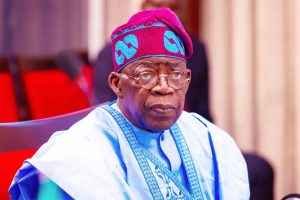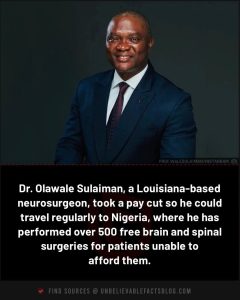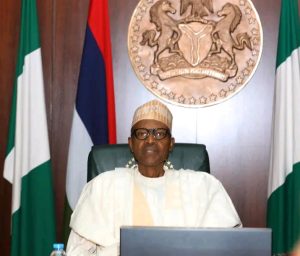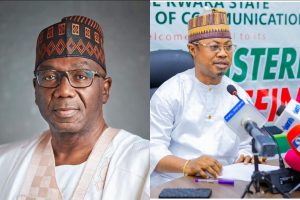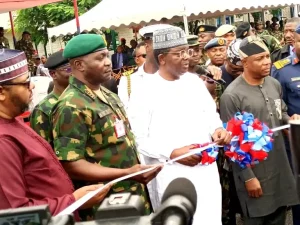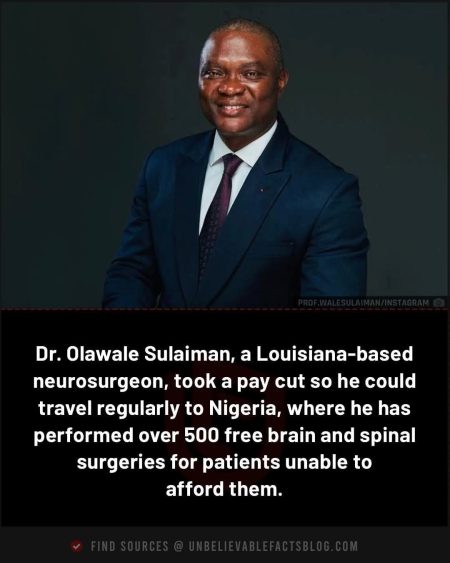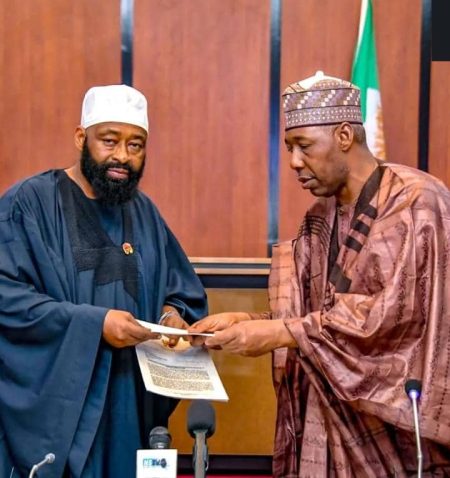Fellow Nigerian, I must confess that I am truly impressed with the conduct of Ghana’s recent election. It’s a testament to the fact that African countries are gradually awakening from their deep slumber. In a few years, Africa will no longer be ruled by oppressors.
We’ve witnessed a significant shift in power dynamics in recent years, with events unfolding in Mali, Niger, Guinea, Burkina Faso, and even Seychelles, where a vibrant youth emerged as president. These developments demonstrate that African countries are indeed waking up, and citizens’ inclusiveness is sweeping across the continent.
What particularly impressed me about Ghana’s election is that opposition leader John Mahama won against the incumbent president, despite the latter’s immense powers. This outcome is a testament to the democratic process. Notably, John Mahama, who lost his re-election bid in 2016, remained in opposition without switching parties – a hallmark of a patriotic leader.
Another crucial factor that contributed to John Mahama’s victory is the incumbent president’s failure to effectively manage the country. Ghana faced high inflation, surpassing ten-year records, and widespread unemployment. Despite these challenges, the citizens remained resolute, refusing to be swayed by empty promises. Instead, they voted for the candidate of their choice, ensuring a peaceful and successful election.
It’s indeed perplexing that Ghana, with a significantly smaller population, has surpassed Nigeria in education and infrastructure development. One would expect Nigeria’s large population to be a driving force for productivity and development, but unfortunately, the opposite is true.
The essence of Nigeria’s population, which should be an advantage, has turned against us. Our electoral systems have undergone numerous amendments, yet people still clamor for more changes. I firmly believe that our reasoning and mindset need a drastic shift. We must move away from the mentality of “winner takes all” and the desperation to cling to power forever.
It’s crucial to recognize that power is ephemeral, and no one rules forever. As citizens become increasingly enlightened, our leaders must adapt their governance style to reflect the changing times. The current system has reached a boiling point, and it’s imperative that we redefine our approach to leadership and development.
We need to focus on building a system that prioritizes the well-being of all citizens, rather than just a select few. This entails investing in education, infrastructure, and healthcare, as well as promoting transparency, accountability, and good governance. Only then can we unlock the true potential of Nigeria’s population and propel the country towards sustainable growth and development.
The Ghanaian shoe shiners who once flooded our streets in the 90s have largely returned to their country, prompting the question has Ghana finally become conducive for its citizens? The country has indeed undergone significant transformations, emerging from a tumultuous past to become a beacon of hope.
This dramatic turnaround begs the question when will Nigeria’s leaders and citizens undergo a similar transformation? It’s disheartening to witness Nigerian governors mobilizing in droves to support their party candidates during elections, often at the expense of their duties in their home states. This blatant display of partisanship not only undermines the democratic process but also perpetuates corruption.
A busy governor, truly committed to serving their people, wouldn’t abandon their post to influence election outcomes elsewhere. This phenomenon speaks to a deeper issue: the flawed leadership recruitment process that perpetuates bad governance. Until we address this fundamental flaw, Nigeria will continue to grapple with the consequences of poor leadership.
The contrast between Ghana’s progress and Nigeria’s stagnation is a stark reminder that leadership matters. As Nigeria navigates its complex challenges, it’s essential to draw inspiration from Ghana’s success story and recognize the importance of visionary leadership, transparency, and accountability.
Another aspect of Ghana that I hold in high esteem is their exemplary security architecture, which stands out among African countries. Ghana’s security arrangements are uncompromising and highly effective in protecting life and property. This robust security network is a magnet for foreign investors, who are eager to establish themselves in a country where their investments are safeguarded. Consequently, Ghana’s GDP is boosted, and the country experiences overall improvement.
In stark contrast, Nigeria’s security situation is dire. Innocent lives are lost with alarming frequency, and the government seems to prioritize other interests over the value of human life. It’s baffling that every state in Nigeria cannot invest in installing CCTV cameras throughout their territories. This simple measure has proven effective in securing businesses, as evidenced by shop owners who have installed CCTV cameras in their establishments.
I recently witnessed the efficacy of CCTV cameras firsthand when I visited musty print at Edun area of Ilorin. The cameras caught a security guard stealing an iron rod during the night, exposing his dishonesty. This incident highlights the importance of surveillance in deterring crime and promoting accountability.
It’s disheartening to note that Nigerian leaders cannot manage the country with the same level of diligence and responsibility that they would devote to their personal businesses. The stark contrast between their private and public stewardship is a sad commentary on the state of our nation.
Nigeria’s predicament can be attributed to a fundamental issue: the lack of quality and transparent leaders. Despite having sufficient financial resources, the country’s problems persist due to poor leadership. This assertion is substantiated by various studies, including one that identifies ineffective leadership and corruption as significant causes of Nigeria’s economic challenges .
The bulk of Nigeria’s governors have been criticized for misallocating taxpayer funds on projects that fail to yield tangible benefits for their constituents. These projects often serve as conduits for embezzling public funds, leaving citizens to grapple with poverty. If Nigeria were to prioritize citizens’ welfare and channel resources into impactful projects, the country’s fate would likely be different.
The current state of affairs has spawned widespread protests and discontent among Nigerians. The failure of leaders to address these grievances may have severe consequences, although it’s clear that change is inevitable. As emphasized in various analyses, poor leadership is the primary source of Nigeria’s socio-economic crises.
To break this cycle, Nigeria needs leaders who prioritize transparency, accountability, and the well-being of their citizens. Only then can the country hope to unlock its full potential and provide a better life for its people.
Heartfelt Congratulations to John Dramani Mahama! May God Bless Nigeria with visionary leaders like him!!


